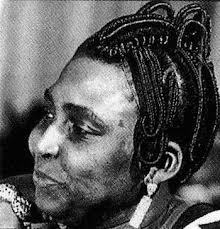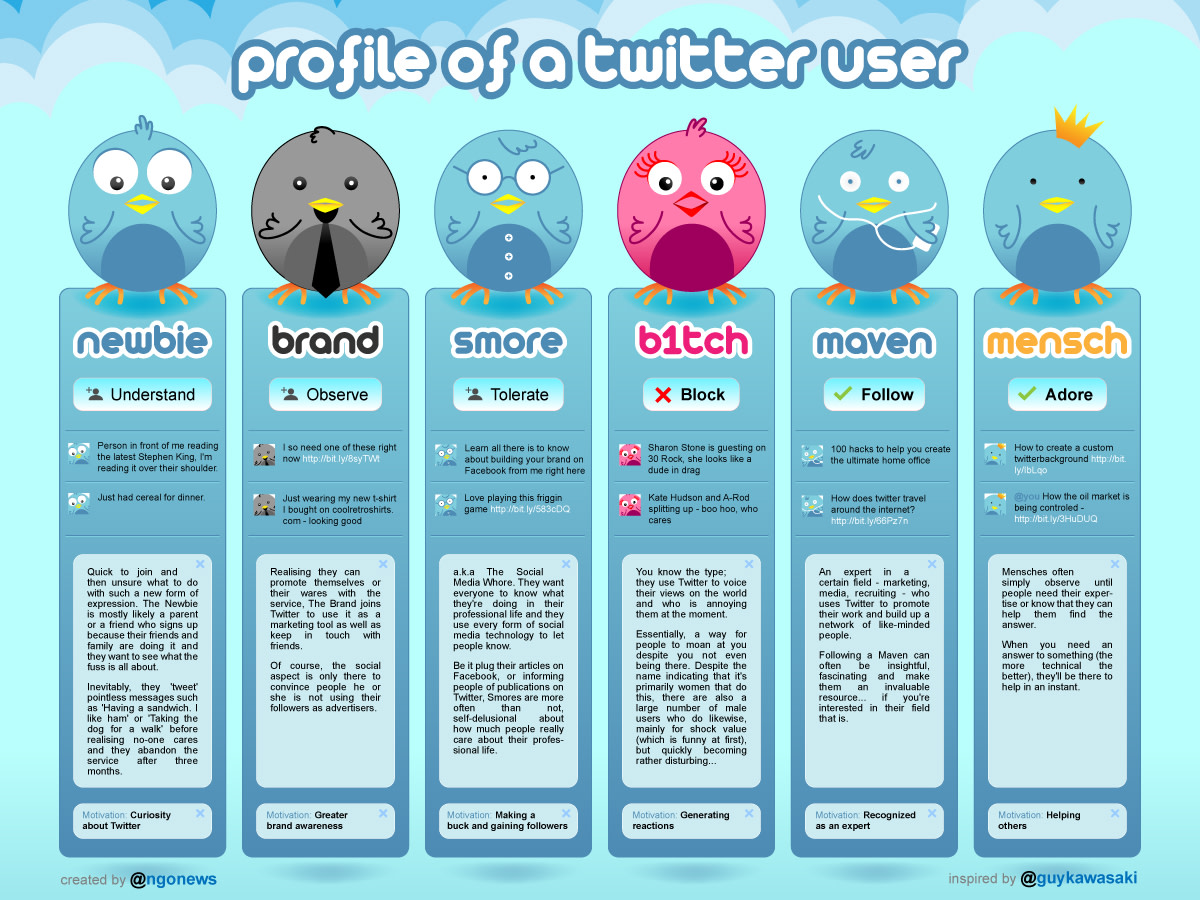How Does Time Period and Culture Affect the Protagonists of "So Long a Letter" and "The Sand Child"?

When reading, we instinctively feel connected to characters with a personality we can identify with. The characters’ personalities largely depend on what they’re going through. Mariama Ba and Tahar Ben Jelloun each drive their respective novel by putting their protagonist in a situation relevant to the area of the world in which the story takes place and then having their personalities emerge in response to the situation. The struggles these characters go through are due to their culture enforcing Descartes' Assertion, "I think therefore I am." The protagonist each novel is so miserable because they feel that what their compromise has no purpose. The it's-right-because-it's-right mindset of the culture clashes with their doubts, causing the inner conflict that drives both novels.
In Ba’s novel, So Long a Letter, the protagonist, Ramatoulaye, has to move on under the guidance of her Muslim faith following the death of her husband. However, her dilemma is that she is somewhat reluctant of the way the culture treats certain things, as she feels wronged by the traditions. Her husband not only took a second wife, but he took a second wife without her prior knowledge. The worst part was the because of the way the culture works, it was almost expected of her to just live with his decision.
Ramatoulaye noted how, when Modou’s money and possessions were split up, her sisters-in-law “give equal consideration to thirty years and five years of married life. With the same ease and the same words, they celebrated twelve maternities and three (Ba, pg.4).” While Ramatoulaye despises the situation she is in, she is still a devout Muslim. She puts her religion, and thereby her culture, before her own personal happiness. That is where the culture affects this novel the most.
Had So Long a Letter been set in a different part of the world, such as the United States, Ramatoulaye’s reaction probably would’ve been different. For one, polygamy is illegal here. So the closest thing Modou could’ve gotten to a second marriage would’ve been Binetou being Modou’s mistress. Also, Ramatoulaye was a devout Muslim. In Senegal she was surrounded by her culture and its influence, and not even that was enough to stop her doubts. Perhaps if she’d been in the U.S. and not surrounded by Muslims, she would’ve left Modou. The non-Muslim influence of the States might’ve taken her from her faith, or at least lessened its hold on her.
Modou’s motivation for taking a second wife could also be contributed to the religion. Modou only married Binetou because he could. In an American Christian relationship, he possibly either wouldn’t have wanted to or felt the need to marry a younger woman, or he would’ve had an affair behind his wife’s back. If she found out, she might’ve divorced him and gotten a fortune out of him. In Islam, nothing negative, opinions or otherwise, come to the husband for getting together with the younger girl. It’s just the norm.
In Tahar Ben Jelloun’s The Sand Child, Ahmed, is a girl who is raised as a boy, the product of her father’s desire to have a male heir. Ahmed’s story, more than any, is heavily influenced by setting and culture.
By their home land’s law, unless a man had a son, the majority of his money went to his brother’s when he died. Haji, Ahmed’s father, felt that he was a failure if he didn’t have a son. His daughters were nothing to him; he honestly didn’t even want them. “He did everything he could to forget them, to keep them out of sight (Ben Jelloun, pg. 9).” Haji’s daughters were living reminders of the absence of a son, and it didn’t help that his two brothers made fun of the situation, “[arriving] at the house at each birth with a caftan and earrings as gifts, smiling contemptuously, as if they had already won a bet, as if it was they who had manipulated the curse (pg. 9).” In a way, Haji feels pressured by his society into the idea that he must have a son, no matter what. However, maybe this pressure was too much, as “he truly believed it was a boy (pg. 17).”
The culture is very important here because in a non Muslim community, this is unlikely to happen. In other cultures, women are looked upon as honorable nurturers, and even mentally stronger thanmdn. In terms of male preference, it is predominantly Islamic communities and nations who have laws that favor men and belittle women. In another country, like the United States, Haji could leave his money to whomever he wanted, whether he had sons or not. There then would be no point that made reasonable sense for him to pretend that his daughter is a boy.
In both novels, the time period in which the work takes place isn’t very important, as Islamic nations still treat their females in this way. However, if they took place in another culture, but in the distant past, the story could also be similar.
Wives and daughters in nineteenth century United States didn’t have many more liberties than the wives and daughters of Muslim countries. However, the wives and daughters of twenty-first century United States have far more liberties than either group. In fact they are treated as equals to their husbands and brothers. Although Mormon sister-wives are not treated as equal, the Mormon church doesn't condone polygamy. These women aren't bound by their culture into this life; they chose it of their own free will.
In both of these novels, the protagonist falls victim to culture, and is forced to cope with circumstance in isolation. In So Long a Letter, Ramatoulaye doesn’t have anyone close to her who can relate to what she's going through. So, her letter is a mechanism to cope with how powerless she feels. In The Sand Child, Ahmed can’t confide in anyone about her confusions because if she does then she will lose all of her power and money.
In terms of Theory of Knowledge, not just the protagonists of these novels, but the culture itself enforce Descartes’ Assertion, “I think, therefore I am.” In Ramatoulaye’s mind, if she acts as if she’s okay after Modou marries Binetou, and again after he dies, then she is. So she puts up a strong front on the outside, while simultaneously being angry on the inside.
Ahmed does this just by going along with her father’s plan. In her mind, as well as her father’s and mother’s, if she just acts as a boy and thinks of herself as a male, then she truly is a one, despite that fact that no amount of thinking in the world can change the fact the she's not.
In these novels, the Muslim community enforces Descartes’ Assertion in a way that all religions do, by saying that their faith is correct, and everyone should live their life by it, simply because they believe it is how things should be, despite how these beliefs and customs possibly negatively affect certain groups, like women in Islam.
We learn from stories. The main reason is because fiction and reality are like fraternal twins, as they are more alike than the majority realize or care to admit. Like the stories of fictional characters, the stories of our lives depends on time and culture. The time period and culture in which we live, like those of the characters, are a part of who we are, and as such are essential to our story. While they won't one-hundred percent determine who we are, they will always have their piece of the puzzle.










